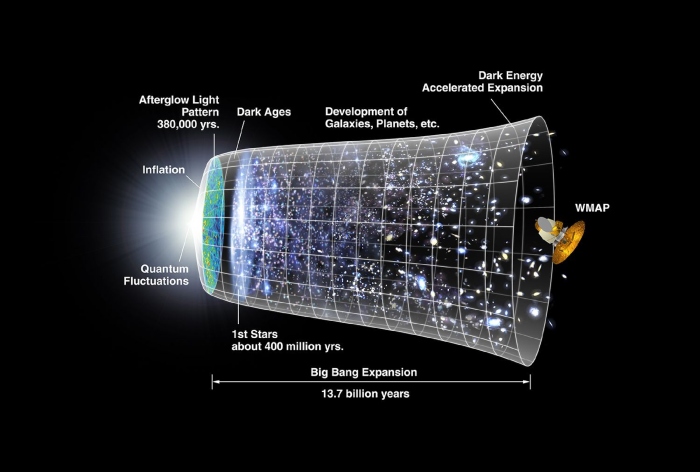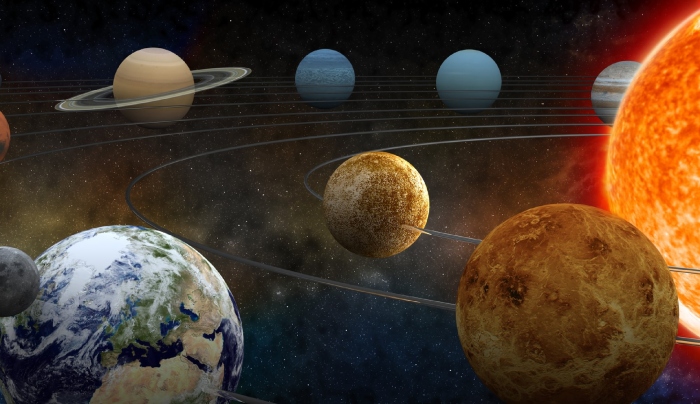In the recent publication from Discovery Institute Press, “The Farm at the Center of the Universe” by Guillermo Gonzalez and Jonathan Witt, the authors delve into the intriguing idea that Earth is not only a habitat for life but a uniquely equipped platform for scientific discovery. This book, woven through engaging dialogues between young Isaac, his cousin Charlie, and their insightful Grandpa, explores complex scientific concepts with a clarity that resonates with both young adults and seasoned readers. The narrative ingeniously incorporates discussions on molecular machines, the fossil record, and the principles of intelligent design, crafting a compelling case for Earth’s deliberate tuning for discovery.
Exploring the Microscopic and the Cosmic Gonzalez, an astronomer renowned for his work in “The Privileged Planet,” shifts the narrative’s focus from the intricacies of biology to the vastness of the cosmos in the latter chapters of the book. The transition from microscope to telescope is seamless, with Grandpa and Isaac embarking on explorations that span the tiny building blocks of life to the expansive universe. These observations underscore a central theme: Earth is positioned not just to support life, but to enhance our understanding of the universe.
The Anthropic Principle: A Standard Rebuttal The book addresses the anthropic principle, which suggests that Earth’s life-supporting conditions are not rare but rather inevitable given the multitude of planets and potential universes. However, this principle is challenged by the specificity of conditions that not only harbor life but also enable scientific inquiry and technological advancement. The discussion is enriched with examples from classroom sessions and video segments that illustrate the fine-tuning of local and cosmic parameters, enhancing the narrative’s argument against the simplicity of the anthropic principle.

Designed for Discovery “The Privileged Planet” and the discussions it has inspired play a crucial role in the narrative, emphasizing Earth’s extraordinary capacity for scientific exploration. This theme is vividly explored in the book, particularly through a 15-minute video segment that highlights how Earth’s location and conditions are meticulously aligned to allow for profound discoveries—from microbiology to astrophysics. These revelations are not merely coincidental but appear to be intentional, prompting a reevaluation of our planet’s role in the cosmos.
Technological Progress and the Fine-Tuning of the Universe The book goes beyond survival; it suggests that Earth and the laws governing the universe are fine-tuned for technological progress and scientific breakthroughs. This assertion not only challenges the limited scope of the anthropic principle but also celebrates the potential for future discoveries. Clips from Michael Denton’s video “Fire Maker” further exemplify this idea, presenting evidence that our environment is precisely calibrated to foster not only life but also the intellectual growth necessary for advancements in science and technology.

A Philosophical Conclusion The narrative culminates in a profound reflection by Isaac, suggesting that Earth was designed with a purpose, equipped with a “path of tools” for humanity to discover and utilize. This metaphorical pathway hints at a guided process of exploration and understanding, reinforced by the evidence presented throughout the book.
Final Thoughts: A Catalyst for Curiosity “The Farm at the Center of the Universe” achieves a significant feat—it makes the case for Earth’s role in scientific discovery accessible and engaging. By integrating educational dialogue with philosophical inquiry, Gonzalez and Witt have crafted a work that is as thought-provoking as it is educational. Their book serves as a catalyst for readers of all ages to question, explore, and appreciate the unique scientific opportunities that our planet presents.
Through its 800 words, this article outlines the key themes and discussions presented in “The Farm at the Center of the Universe,” emphasizing Earth’s integral role in fostering an environment ripe for scientific inquiry and discovery.